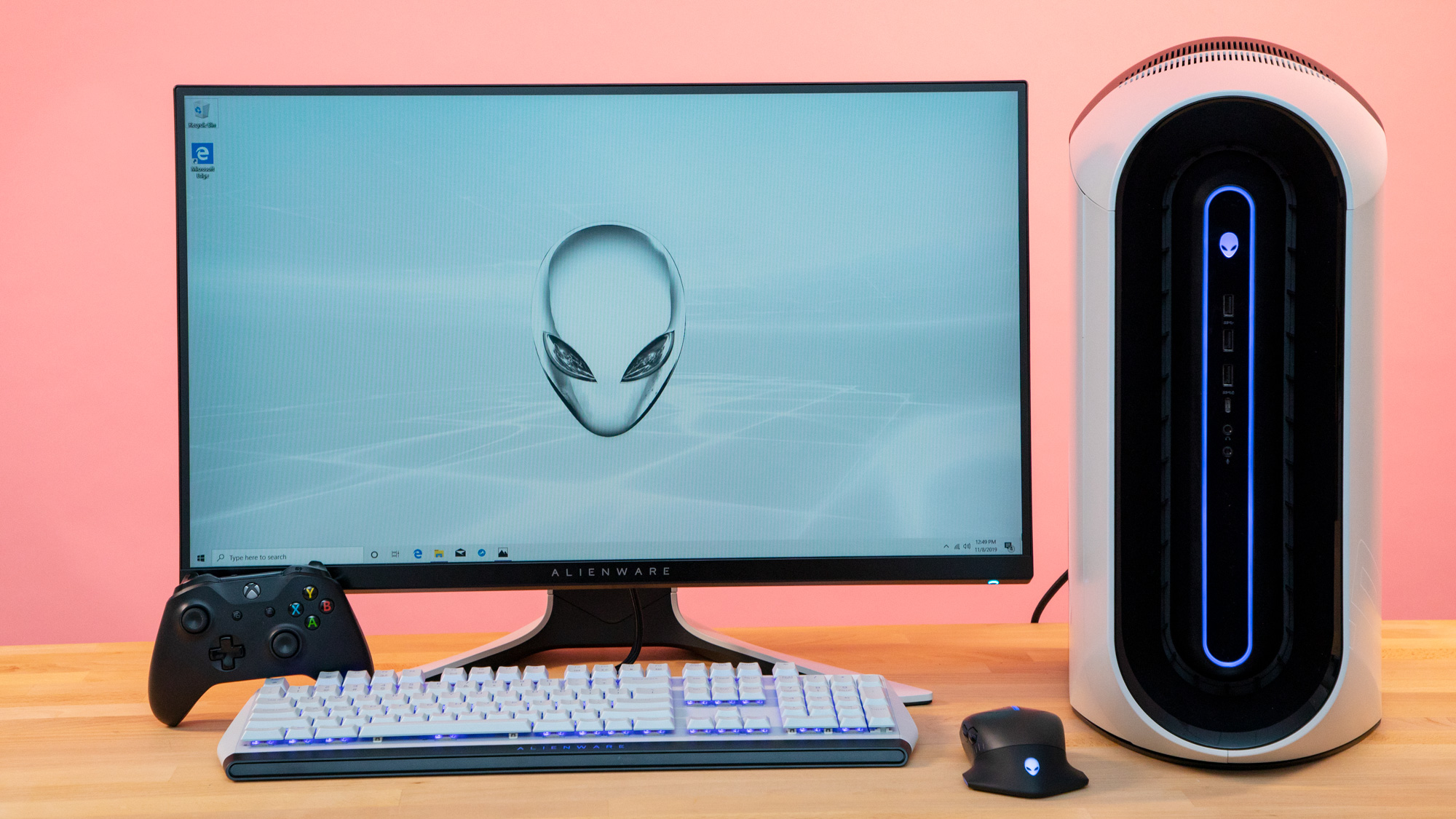Security, Malware, And Your Computer
Computers are nearly in every element of our lives nowadays, and our reliance on them is heavy. They are used as tools for paintings, data storage, schoolwork, purchasing, and amusement. Because many records are generally saved on our computer systems, we must usually ensure they are covered from that lack of information. Businesses ought to secure data on their computers to protect it from exploitation using hackers. And the home pc user is no exception to the requirement to preserve computer records because there can be credit score card numbers, social protection numbers, and other touchy non-public information saved on their pc or transmitted while doing online shopping. There is a period used for this, and it is “pc safety risk.” This period refers to the chance that some movement could purpose the loss of records, computer hardware, or carrier denial.
When computer security is put at threat intentionally, it will become criminal, or we name this a laptop crime. Another relative of laptop crime is cybercrime. The FBI can pay especially near interest to cybercrime. There are other crimes associated with them: company spies, unethical laptop pastimes, cyberterrorism, hacking, cracking, and cyberextortion.

Hacking at one time had a high-quality meaning to it; however, because computer crimes have been added, it falls inside the bucket with their relaxation. The hacker is the person that profits access to a pc community illegally. They sometimes use the excuse that they had been handiest trying to interrupt a network’s security to make the administrator aware of any security deficiencies.
Closely related to the hacker is the cracker. But the pirate in no way has been considered in a high-quality mild. The cracker constantly has had the rationale to gain admission to the laptop and its community to damage it or commit a crime like stealing statistics saved on it. The cracker, just like the hacker, has to understand what they are doing, so advanced laptop skills are needed to drag those crimes off.
Then there are the cyber terrorists and cyber extortionists. Cyberterrorists have a political motive in the back of their activities, and it’s far from harming computers to affect a political machine adversely. Cyberterrorism requires extended making plans, professional humans to hold it out, and money to fund it. It is similar to the classic terrorist assault.
The cyber extortionist is the one who commits the crime of extortion thru email. They will preserve an organization hostage by threatening to release touchy business enterprise statistics or damage an enterprise’s computers and network if now not given a few personal records and cash. Sometimes these criminals are aware of security leaks, so one can permit them to exploit the laptop. It is much like conventional extortion besides being carried out through computer systems.
Then there may be the worker who desires to get revenge on their organization due to a few perceived wrongs or the need to pad their pockets. These humans are known as unethical personnel and what makes them so dangerous is that they commonly realize how to get into the device.
Not anyone has the computer competencies required to be a cracker or hacker, so there maybe every other category referred to as the “script kiddie.” This man or woman is generally a teen who tries to damage a computer system but cannot do tons because she or he does not recognize a whole lot. This person will use canned applications and scripts to try and do the hacks and cracks.
Some unethical agencies try and advantage an unfair gain on their opposition thru an unlawful interest known as company espionage. The same evil organizations will rent a corporate secret agent who’s noticeably talented in computer systems and generation to break into the target corporation’s computers. The corporate spy will then thieve information or maybe sabotage the target pc.

Domestic and business laptop users must take the movement to shield their pc from those threats to their security. Computer protection strategies are not one hundred% foolproof, but they do decrease the chance to computers appreciably. As quickly as a solution is found to protect in opposition to one case, someone figures out a new manner to advantage unauthorized get admission to them. Computer users on domestic networks are more significant at the chance of having statistics stolen than computers on business networks in general due to the extra superior safety at the latter. And the net is a community even more susceptible and at risk in terms of security. Another problem with security on the internet is that there is not one centralized factor to manage security and protection on the facts toll road.
You are in all likelihood thinking now if your pc is relaxed from threats inclusive of those. There are ways you can get your machine evaluated. You can locate sites on the internet that provide services to gain admission to your computer and file any security vulnerabilities discovered through net browsing or email. These identical corporations regularly offer recommendations and hints of ways to protect in opposition to the vulnerabilities. Another resource in the combat towards pc safety danger is the Computer Emergency Response Team (CERT) Coordination Center, which also gives pointers.
Security assaults in opposition to computer systems typically involve worms, viruses, carrier denial, Trojan horses, and spoofing. All of these, the laptop virus is the most well-known. A laptop virus is essentially a software program designed to damage the files in your laptop as soon as it receives a setup on it. All if it’s far finished without the user giving permission and without the consumer’s information at first. As soon as it gets in your computer, a laptop virus will unfold and motive more significant harm. It will do such things as delete documents and corrupt your pics working machine and render it inoperable. Thus it changed into tagged with the term “virus” as it acts much the same way as the human virus does: it receives in and spreads at some stage in the body and causes infection or damage in a few cases. Protection in opposition to viruses is available through an anti-virus software program.